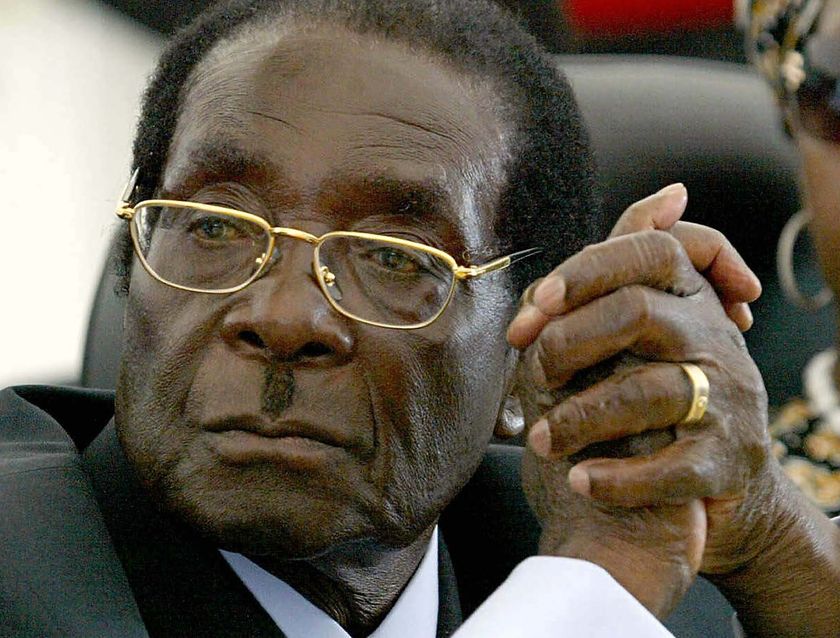Zimbabwe's most credible civil society election monitors have raised serious questions about the credibility of the country's polls, as President Robert Mugabe's party claimed on Thursday to have "buried" Prime Minister Morgan Tsvangirai's party, which in turn charged that the election had been a "monumental fraud".
The Zimbabwe Election Support Network (ZESN) said in Harare that Wednesday's election was "seriously compromised" by a "systematic effort to disenfranchise an estimated million voters".
The network said that 99.97 percent of estimated eligible rural voters had been registered against only 67.94 percent of urban voters. It estimated a shortfall of 760,000 registered urban voters and said they had been "systematically… denied the opportunity to vote." Urban areas have traditionally been a stronghold of Tsvangirai's Movement for Democratic Change.
The first major post-election controversy was triggered on Thursday when, a little more than 12 hours after voting was formally due to end – although it continued until late into the night in some places – an unnamed official in Mugabe's Zanu-PF party told Reuters news agency: "We've taken this election. We've buried the MDC. We never had any doubt that we were going to win."
Reuters attributed the comment to "a senior source" in the party "who asked not to be named" but said the outcome was already clear.
Responding soon afterwards, an official described by Reuters as "a senior source" in the MDC reportedly told the agency: "It's a monumental fraud. Zimbabweans have been taken for a ride by Zanu-PF and Mugabe, we do not accept it." The MDC's secretary-general, told South Africa's SABC News that the election "represented the mother of all rigging, the mother of all shenanigans".
Later on Thursday morning, the ZESN held a news conference at which it suggested that, although voting went smoothly on polling day and no major incidents were reported, up to a million Zimbabweans had been disenfranchised. Far more people had been turned away from urban than rural polling stations.
"At 82 percent of urban polling stations many potential voters were turned away and not permitted to vote for reasons which include names not appearing on the voters' roll and turning up at the wrong ward for voting. This is in sharp contrast to rural areas where only 38 percent of polling stations turned away many potential voters. This served to disenfranchise thousands more… urban voters on Election Day."
The network also cited pre-election issues, including "massive bias in state media", intimidation in rural areas, lack of meaningful voter education, a "rushed electoral process" and harassment of civil society groups, which contributed to the credibility of the elections being compromised.
It called on observers from the African Union and the Southern African Development Community to take account of these issues.
In an earlier statement, on Wednesday, the ZESN also said a major concern was "the delayed release, distribution and the non-availability of the electronic and hard copies of the voters' roll, particularly to contesting political parties".
It cited the following as problems:
- Registered voters from previous elections did not appear on the roll,
- The names of some who had already voted in pre-election special voting were still on the roll, and
- Some who said they had not voted during the special voting process said their names had been crossed off the roll.
In Thursday's statement, the ZESN said the failure to make an electronic version of the voters' roll available before election day meant there was no way to assess bias in the final roll.
ZESN is a coalition of 31 non-governmental organisations which has observed all the country's elections since 2000.
source: allAfrica.com


